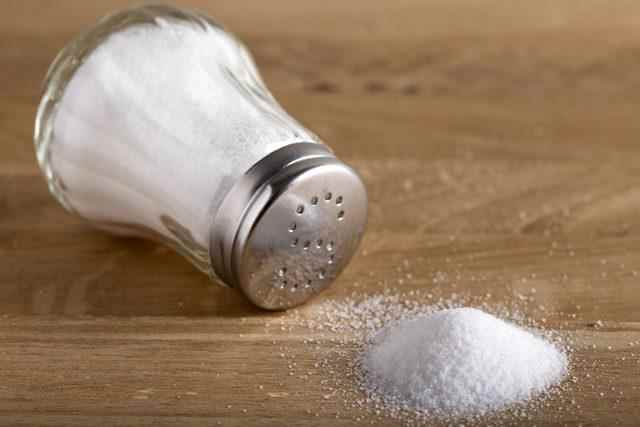Almost everything we eat contains varying amounts of salt. Foods such as vegetables, fruit, and meat naturally contain small amounts of salt. Salt is also used as a flavoring and preservative in the production and storage stages of foods.
HOW MUCH SHOULD THE DAILY SALT CONSUMPTION BE?
The salt we use daily is a substance that contains 40% sodium and 60% chlorine. When evaluating salt consumption, especially sodium in salt is taken as a basis. A small amount of sodium is needed in the body for issues such as nerve conduction, muscle contraction and relaxation, water and electrolyte balance. In case of taking more sodium than the body needs, some undesirable situations may occur. For this reason, the amount of salt that should be consumed daily is calculated by taking into account the salt requirement of the body and the filtering capacity of the kidneys for excess sodium.
The maximum amount of salt that can be consumed daily for adults is 6 grams. 6 grams of salt equals about 1 teaspoon. There is approximately 2.4 grams of sodium in 6 grams of salt. While shopping for food in the market, it will be useful to look at the sodium value in the nutritional values section and to keep the daily sodium consumption under control.
WHAT TO DO IF YOU EAT TOO MUCH SALT?
There are many ways to help your body compensate for a high-salt meal. First, make sure you drink enough water to help your body restore the desired sodium-to-water ratio. You can also try eating potassium-rich foods such as fruits, vegetables, legumes, nuts, seeds, and dairy products. Along with sodium, potassium is a mineral that plays an important role in maintaining our body’s fluid balance. Potassium-rich diets may help counter some of the harmful effects of sodium-rich diets.

Finally, you can try reducing the amount of salt you consume at other meals. Remember that 78-80% of the salt you eat comes from processed foods or restaurant meals. Therefore, focusing on eating more fresh, minimally processed foods is your best bet when trying to reduce the amount of salt you eat.
THE DAMAGES OF EXCESSIVE SALT CONSUMPTION
In the short term, it can cause bloating, severe thirst, and a temporary increase in blood pressure. In severe cases, it can also lead to hypernatremia, which can be fatal if left untreated. In the long run, high-salt diets can cause a rise in blood pressure and increase the risk of stomach cancer, heart disease and premature death. Some people may be more severely affected by high salt intake than others.
